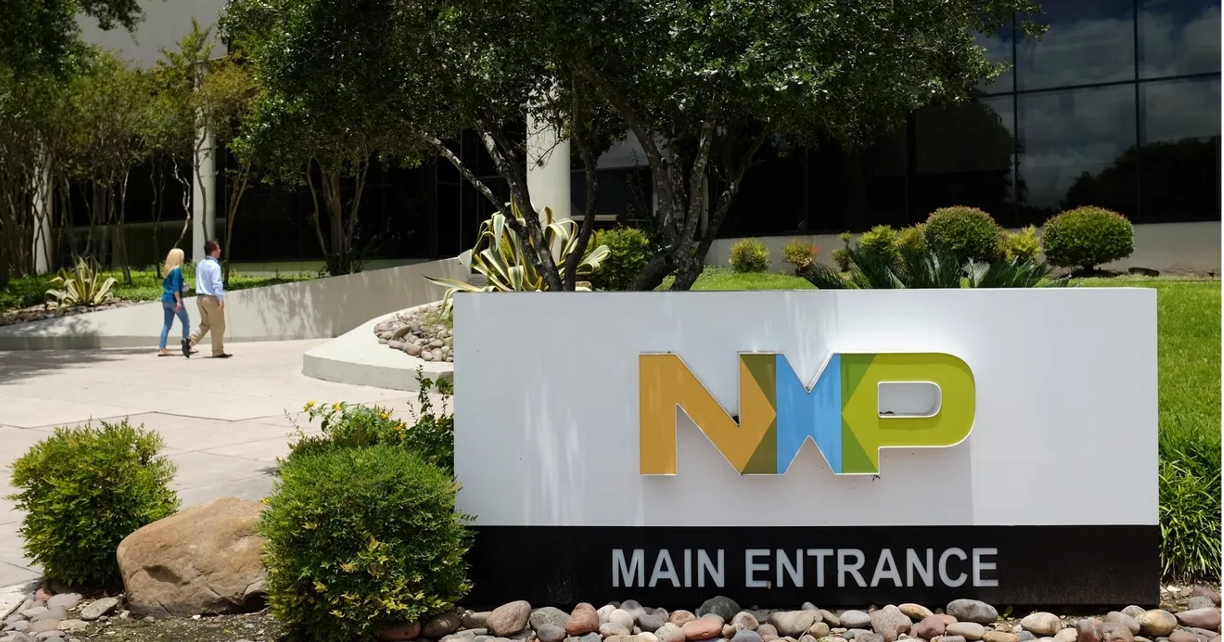Chapter 313 agreement should get AISD's OK
Posted on 12/15/2022 by Gary Farmer and Ali Khataw

The Austin Independent School District Board of Trustees is scheduled to vote today on a proposed Chapter 313 agreement with NXP Semiconductors that would provide the district with $63.5 million in discretionary revenue that would not be subject to state recapture, allowing the district to use the money as it wishes. That could include increasing teacher pay, adding campus counseling resources, improving student outcomes, or expanding technical and career education. The proposed agreement includes another $26.5 million to help pay off AISD debt.
This agreement is possible only because of the Texas Economic Development Act, commonly known as Chapter 313, and a vote in favor of the agreement would benefit the entire community by providing tens of millions in additional dollars and hundreds of new high-paying manufacturing and middle-skill careers in Austin. Under the Chapter 313 agreement, the district would cap the taxable value of NXP’s proposed improved property for a ten-year period. The company would then provide payments directly to AISD over the ten years of the agreement with the state making up the district's lost tax revenue.
NXP may be a global chip company, but its roots run deep in Austin, having been here for more than 50 years and employing thousands across the city — employees who are graduates of AISD, or parents of AISD children. Austin is home for NXP and it wants to see this city thrive.
Our way of life, including our economy, is reliant on semiconductors. Whether in our mobile phones, home appliances, vehicles or medical equipment, semiconductors serve an important, fundamental role in our increasingly connected “smart” world. The recent chip shortage has led to supply chain bottlenecks, driven up prices, and placed the U.S. in a national security bind. Austin has the infrastructure, talent and supply chain necessary to support NXP’s proposed plant expansion here, and we hope AISD embraces the opportunity.
A full understanding of the application makes clear that trustees have a fiduciary obligation—meaning they are bound to do what is in the best interest of the financial interests of local taxpayers, teachers, and students—to vote in support.
Chapter 313 is designed to make large capital investments economically feasible in Texas by allowing a school district to grant a temporary, 10-year property tax value limitation for the maintenance and operations portion of a tax bill. In exchange for approving the temporary tax benefit to the company, the school district negotiates other community benefits as well.
Critics of Chapter 313 agreements argue that they reduce the amount of money the state collects for education, thereby reducing the amount of funding provided to students in Texas outside of AISD. Here are two reasons why they are wrong:
First, it assumes that NXP would expand in Austin without a 313 agreement. It will be unlikely for NXP to expand here without local incentives as these are required to obtain CHIPS Act funding upon which NXP’s hope for investment is contingent.
Second, the state decides, through school funding formulas, how much money each school district in Texas receives. The amount of per student funding in Texas is set in state law and this agreement would not cause any student to receive less funding.
The Board of Trustees has a fiduciary responsibility to make decisions in the best interest of the district. Expanding this facility here benefits the entire community by providing tens of millions in additional dollars and hundreds of new high-wage manufacturing jobs and middle-skill jobs for AISD families and students upon graduation.
This is a business agreement that will benefit the entire school district, community and regional economy. NXP chose Austin because it is home for them. Most importantly, NXP shares AISD values. Voting yes means Austin ISD will receive millions in tax dollars that would remain local and provide much-needed support to our schools and teachers that would not be available otherwise.
With the best interest of students—and their future in this great region— in mind, support for NXPs application is the right answer for AISD.
Gary Farmer is the chair of Opportunity Austin and Ali Khataw is the 2023 Austin Chamber of Commerce Board Chair.
Thank you to the Austin American-Statesman for covering this important proposal.
Related Categories: Economic Development